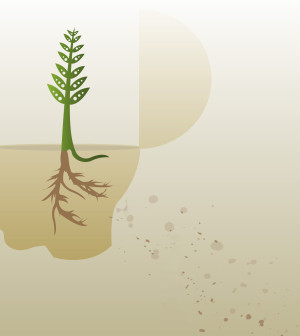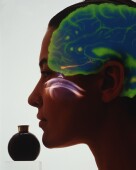- 8 Ways to Increase Dopamine Naturally
- 7 Best Breads for Maintaining Stable Blood Sugar
- Gelatin vs. Collagen: Which is Best for Skin, Nails, and Joints?
- The Long-Term Effects of Daily Turmeric Supplements on Liver Health
- Could Your Grocery Store Meat Be Causing Recurring UTIs?
- Are You Making This Expensive Thermostat Error This Winter?
- Recognizing the Signs of Hypothyroidism
- 10 Strategies to Overcome Insomnia
- Could Artificial Sweeteners Be Aging the Brain Faster?
- Techniques for Soothing Your Nervous System
‘Mixing’ of Senses More Common in Autism: Study


People with autism are more likely to have a condition called synesthesia — a “mixing of the senses” — a small new study finds.
For example, people may see colors when they hear sounds, or notice different tastes when they hear musical notes.
Researchers tested 164 adults with autism and 97 adults without the disorder. They found that nearly 19 percent of those with autism had synesthesia, compared with about 7 percent of those without autism.
Among the 31 people with autism who also had synesthesia, 21 said that sound caused them to see colors. Meanwhile, 18 saw black and white letters as colored, and 18 said that tastes, pain or smells caused them to see colors, according to the study published Nov. 20 in the journal Molecular Autism.
“I have studied both autism and synesthesia for over 25 years and I had assumed that one had nothing to do with the other,” study leader Professor Simon Baron-Cohen, of the Autism Research Center at Cambridge University, in England, said in a university news release.
Now, he said, the new findings “will refocus research to examine common factors that drive brain development in these traditionally very separate conditions.”
Autism, a neurodevelopment disorder that affects communication and social skills, is estimated to affect about one in 88 children in the United States.
“This has major implications for educators and clinicians designing autism-friendly learning environments,” study co-author Donielle Johnson, who carried out the study as part of her master’s degree in Cambridge, said in the news release.
More information
The U.S. National Institute of Neurological Disorders and Stroke has more about autism.
Source: HealthDay
Copyright © 2026 HealthDay. All rights reserved.










